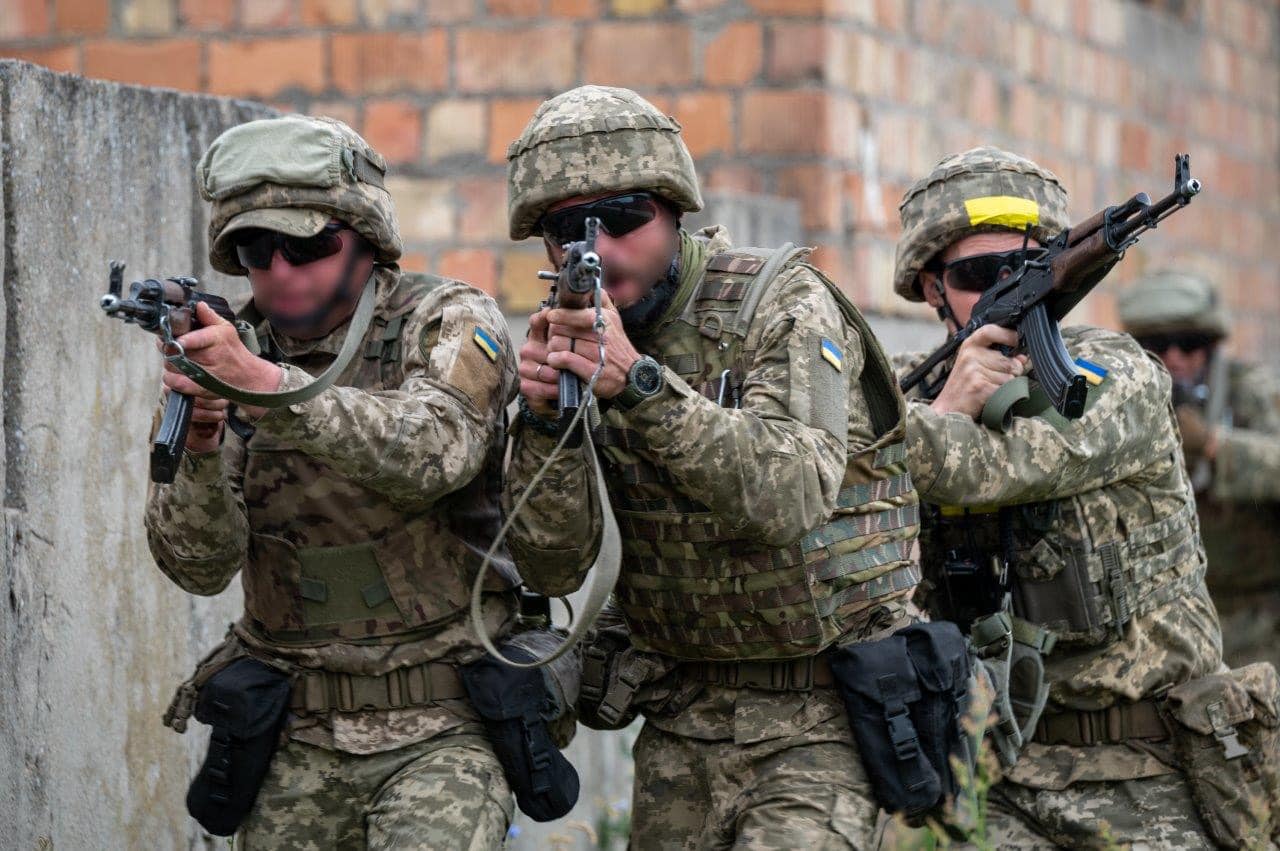
Thousands of Ukrainian soldiers return to duty after AWOL as new amnesty law takes effect
The Ukrainian Military Law Enforcement Service (VSP) reports that around 3,000 military personnel have returned to active duty within the past three days after previously leaving their units without authorization. The announcement was made by Oleksandr Hrynchuk, Deputy Chief of the Main Directorate of the Military Law Enforcement Service, during a briefing in Kyiv.
The issue of unauthorized military absences has grown significantly in Ukraine’s armed forces during the third year of the full-scale war, largely due to combat fatigue and the lack of clearly defined service terms for mobilized personnel.
The returns are occurring under a new law that came into effect on 29 November 2024, which allows soldiers who left their units for the first time to return voluntarily without facing criminal charges.
According to Hrynchuk, approximately 6,000 service members returned to the Armed Forces throughout November. After the law was signed by President Volodymyr Zelenskyy on 28 November 2024, the pace of returns significantly accelerated, now nearing 1,000 soldiers returning every day.
The new law obliges unit commanders to extend the contract or reinstate returning service members within 72 hours. Those who return will have their monetary allowances, provisions, equipment benefits, and social guarantees fully restored. They can return to any unit except the one they left.
This development comes amid increasing concerns about unauthorized absences in the Ukrainian military, with official statistics showing a threefold increase in such cases during the first nine months of 2024 compared to the same period in 2023. Overall, the number of soldiers who have left their units without authorization is estimated to be tens of thousands in total. The new legislation aims to address this issue by providing a path for soldiers to return to service without criminal consequences, provided they do so before 1 January 2025.
The law represents a shift in approach to dealing with unauthorized absences, which military psychologists attribute to various factors, including combat fatigue, psychological stress, and challenging conditions at the front. Previously, unauthorized absence could result in imprisonment for 5-10 years, while desertion carried penalties of 5-12 years.
Related:










